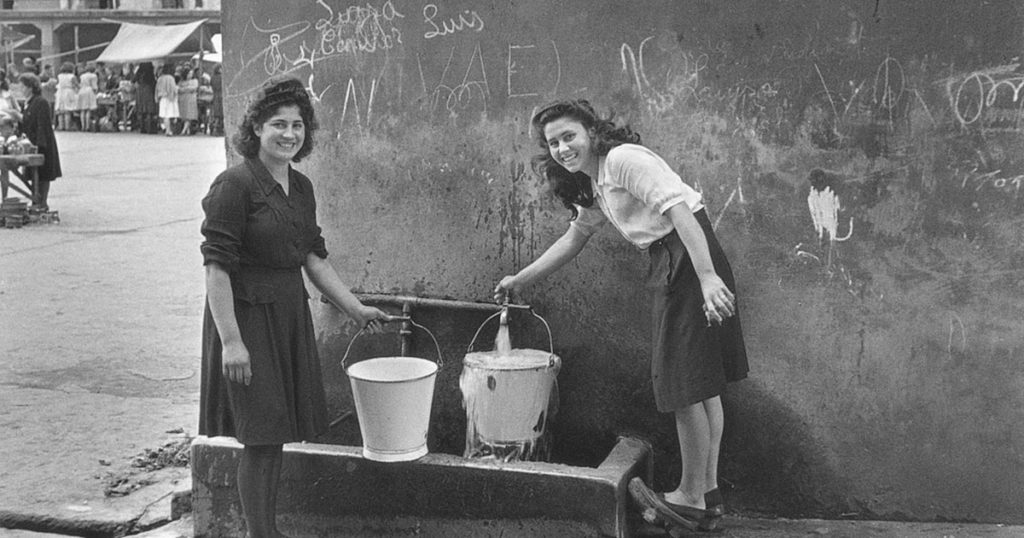
My neighbor has documentation of his family’s presence for more than 500 years in the house he and his siblings inherited from their parents, next door to mine. The place does not appear to have weathered half a millennium, but a structure rebuilt again and again over the centuries might enjoy the modest, well-kept look of his house. The stairs in particular have a wide board with a worn tread that looks ancient. The wood cookstove, on the other hand, with its gleaming, black-enameled metal and shiny brass, appears new despite the old style. I looked at it pointedly. It was indeed, I learned, of relatively recent vintage. Before the cookstove, cooking was at the open hearth. My neighbor, who grew up in the house, remembers his great-grandmother cooking there, at the back of the house, in a large pot suspended over the fire. “I lived that,” he said, full of astonishment, perhaps at the changes that had come and at how the family had endured and prospered.
He was also proud of how contentedly the family had lived with so little. What the family didn’t have, they did without—unlike the folk of today, who must have the latest gadgets and accessories, gourmet food, cars to get anywhere, and a reliable source of electricity to charge their devices. I thought of a friend who claimed for campesinos a very robust intelligence because they are forever having to invent solutions with the common tools and materials of their trade—a loop of wire, a nail, a hammer—to any problem that might arise. You can’t wait for a replacement part for your tractor or, in the old days, your mule-driven harrow, but must fix what’s broken and get on with the planting while the weather allows it.
My neighbor remembers when the house had no running water. Water was fetched from the river, half a mile off. The laundry was washed at its banks. The latrine was a tree you squatted behind in the apple orchard, a bath was once a week in a tin tub. Later, water came from a public spigot several streets away, when the city finally put in water lines for the neighborhood. Eventually city water arrived at the street and the several houses along it. You could consider that a huge improvement, especially if you were the one charged with lugging water to the house. My neighbor, however, seems to think that losing the old ways was indeed a loss. Gone the open hearth, gone the livestock from the barn attached to the house, gone the accumulation each fall of food enough to last the winter, gone the packed dirt street and gone the small children—my neighbor and his brothers and sisters and his cousins—tasked with sweeping the street after the cows were taken to pasture each morning and again after they were brought home. Gone the entire families that generation after generation lived modest, well-ordered lives organized around the chores for survival from subsistence farming. What remains of the house next door? The same stones in the walls, the same rafters in the roof. Something, too, of the spirit of the people who lived there. The house is still tended though standing empty, still accumulating years. Five hundred and one, and counting.

